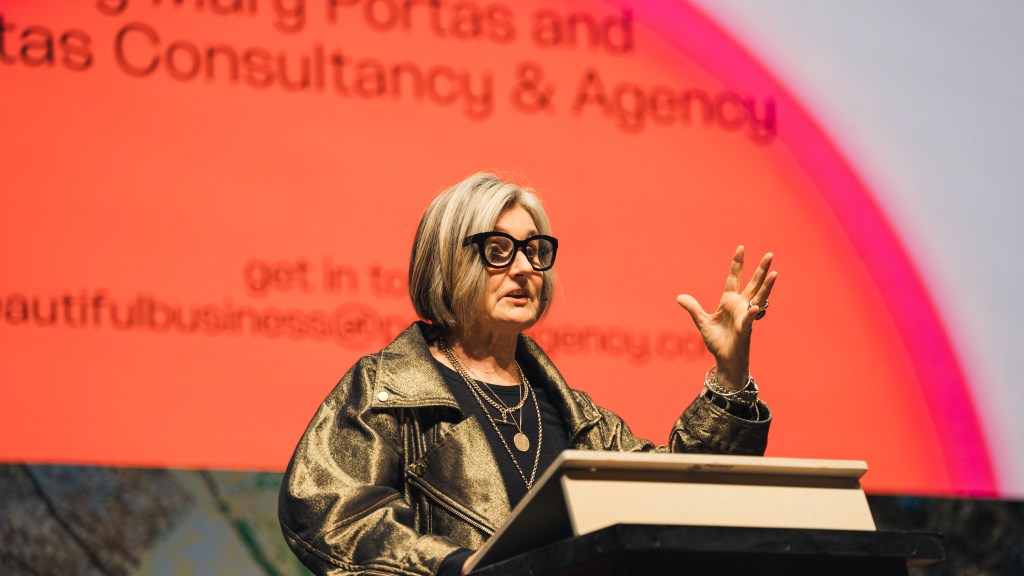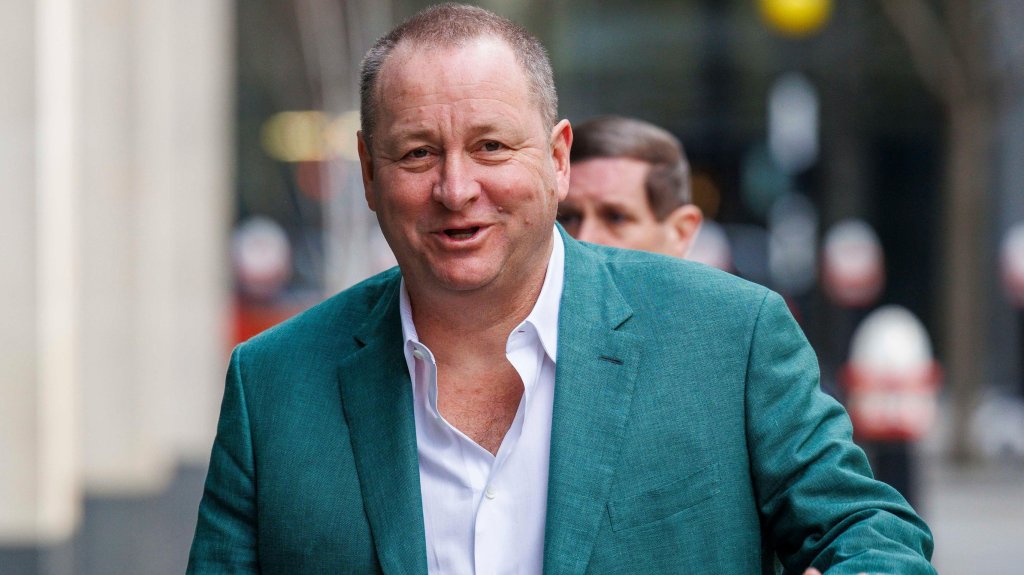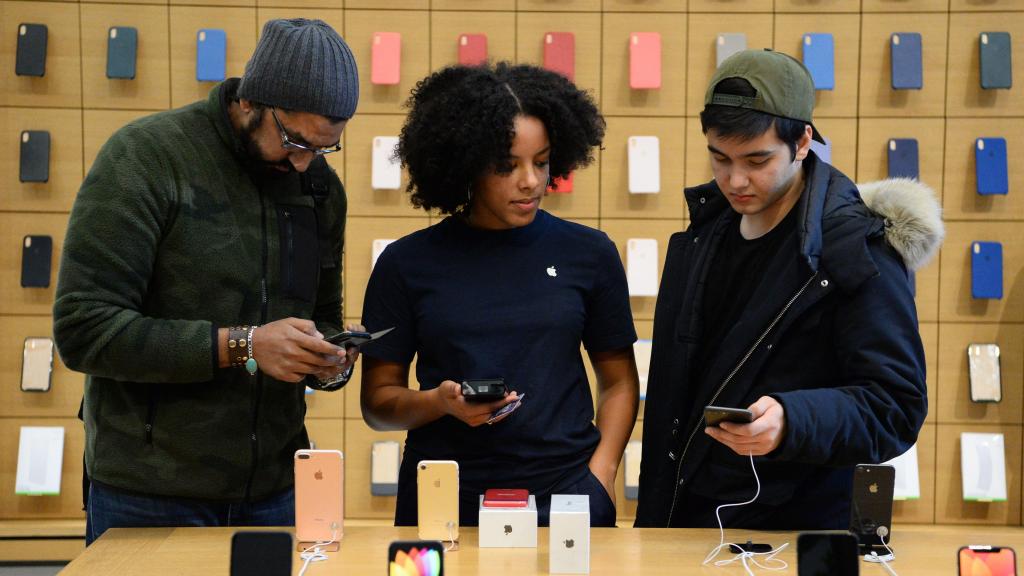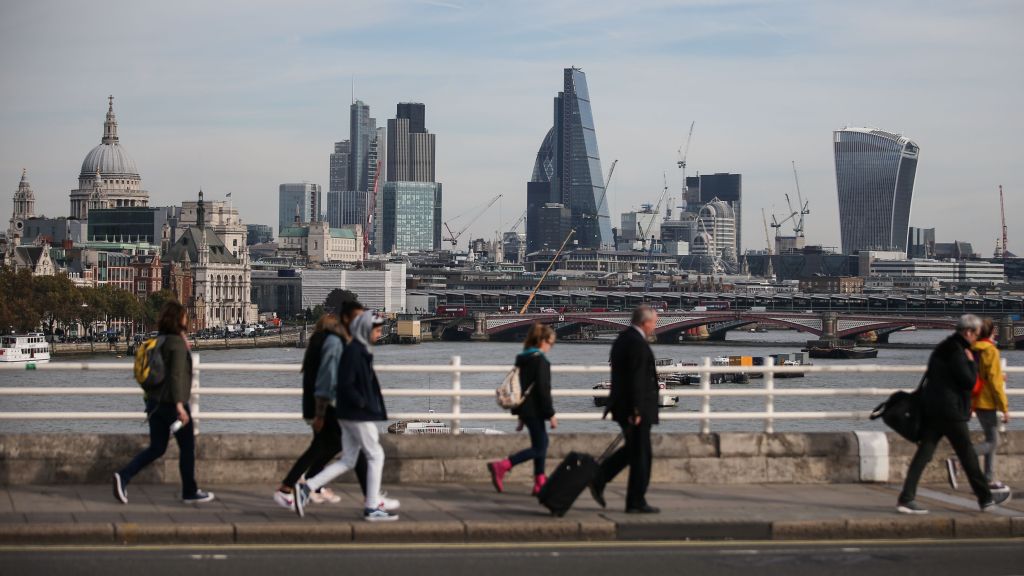B Corps: Advocating for a New Paradigm in Business
The rise of the B Corp movement in the UK stems from a rainy day in 2012 in a north London flat. The vision behind B Corps is simple: businesses should prioritize societal well-being alongside profit. These companies strive to operate in a way that is considerate of their stakeholders, employees, local communities, and the environment.
Mary Portas, famously known as the «Queen of Shops,» now champions the B Corp initiative. She emphasizes a transformative approach to business: «Yes, you can generate profit, but the way you do it should be more compassionate and responsible.»
That pivotal gathering in 2012 included ten passionate individuals, such as Rosie Brown and her brother James Perry, who are directors of the frozen meal company, Cook. Brown reflects on their initial conversations, stating they all shared a vision for a more responsible way of conducting business, even as they grappled with how to instigate a broader movement. Cook stood out as the first prominent UK business to achieve B Corp status, effectively kickstarting the initiative. «It took numerous calls and conversations to spread the word, but we gradually gained traction,» she says.
Fast forward to 2023, and Brown recently attended a major event in Oxford, marking the largest gathering of B Corp-accredited companies globally. In just two years, the UK B Corp count has surged to over 2,000. Brown expressed her exhilaration at the event’s energy, recalling skepticism from the public during the movement’s early days: «We were seen as outliers. Now, with 2,000 advocates, it is clear that perspectives are shifting. The culture around business is evolving positively.»
B Corps focus on more than just increasing shareholder profits. While often dismissed as «virtue signaling» or «greenwashing,» the B Corp community comprises businesses genuinely committed to ethical change. Some companies even lose their B Corp status if they fail to uphold standards, as happened to several Havas agencies recently due to their associations with fossil fuel clients.
During the Oxford event, speakers discussed the need to showcase to policymakers an improved vision for economic systems. Clay Brown, co-leader of B Lab Global—the original organization behind B Corp certification—articulates the prevailing challenges within our current business practices: «We witness negative business behaviors that resonate in our communities and on media channels.»
He asserts that fostering a vibrant network of B Corps can influence other businesses and policies, driving significant changes in regulations and redefining the fundamental purpose of business in society.
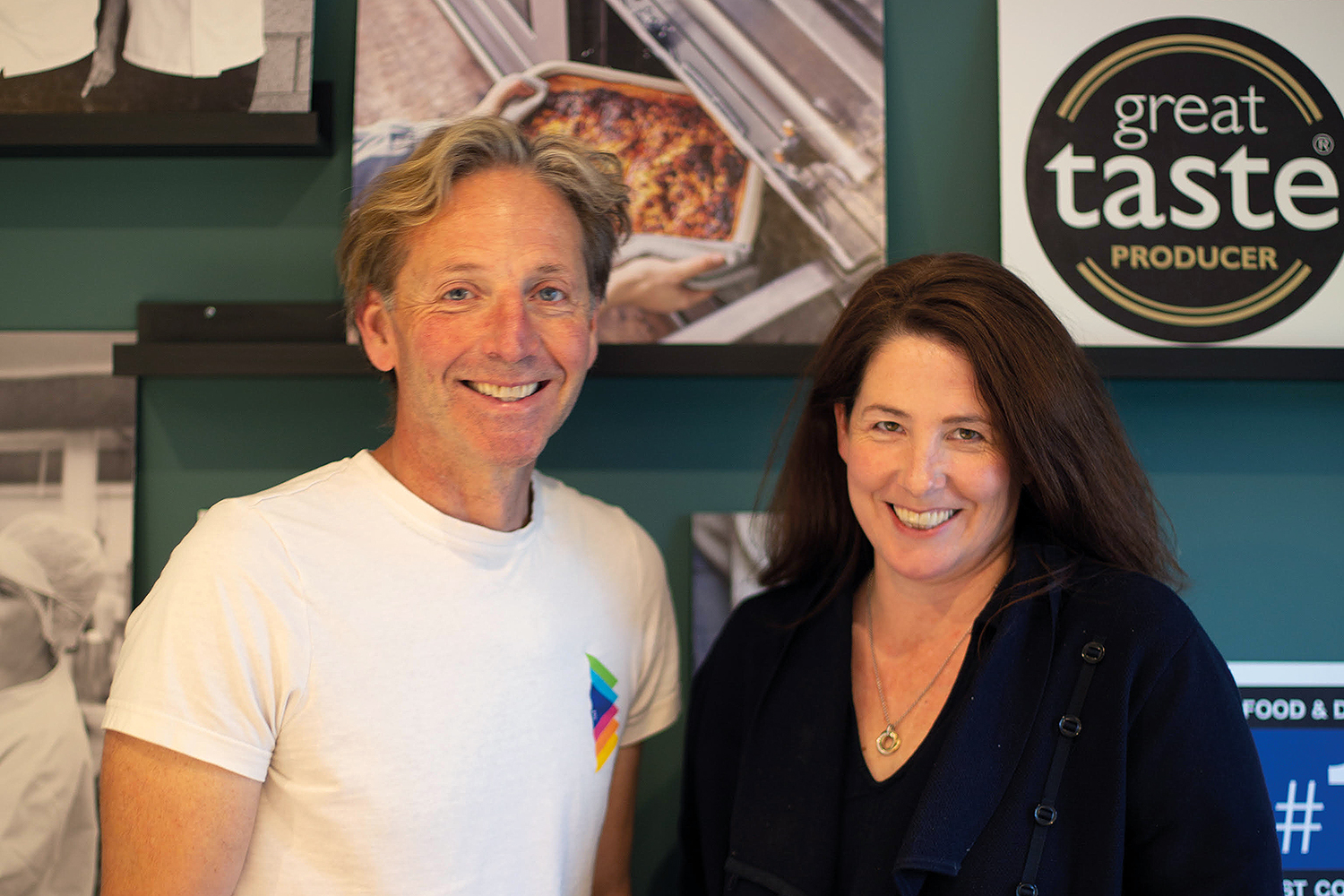
The event commenced with a captivating performance featuring dancers and BMX riders, underscoring the message about declining trust in large corporations and capitalism. It addressed pressing issues like environmental degradation, single-use plastics, public spending cuts, and wealth disparity, all visually framed against high-rise buildings reminiscent of the Grenfell tragedy.
B Lab UK leads the B Corp movement while championing a Better Business Act, advocating for reforms to Section 172 of the Companies Act. This amendment would obligate directors to consider a wider array of interests in corporate decision-making. With support from approximately 3,000 businesses, the idea is to set a minimum baseline for ethical business conduct, with B Corp status representing a higher standard.
Portas believes the momentum is shifting positively, especially within the current Labour government: «I sense a growing understanding of our mission. While we haven’t fully arrived at our goal, progress is underway.»
Significantly, former Conservative business secretary Greg Clark participated in the discussions, sharing his attempts to promote a «good work» initiative while in government that aimed to improve corporate responsibility toward employees.
Clark lamented the lack of momentum during unstable governance but expressed optimism that the current administration, with its clear agenda, should capitalize on this opportunity to enact transformative changes.
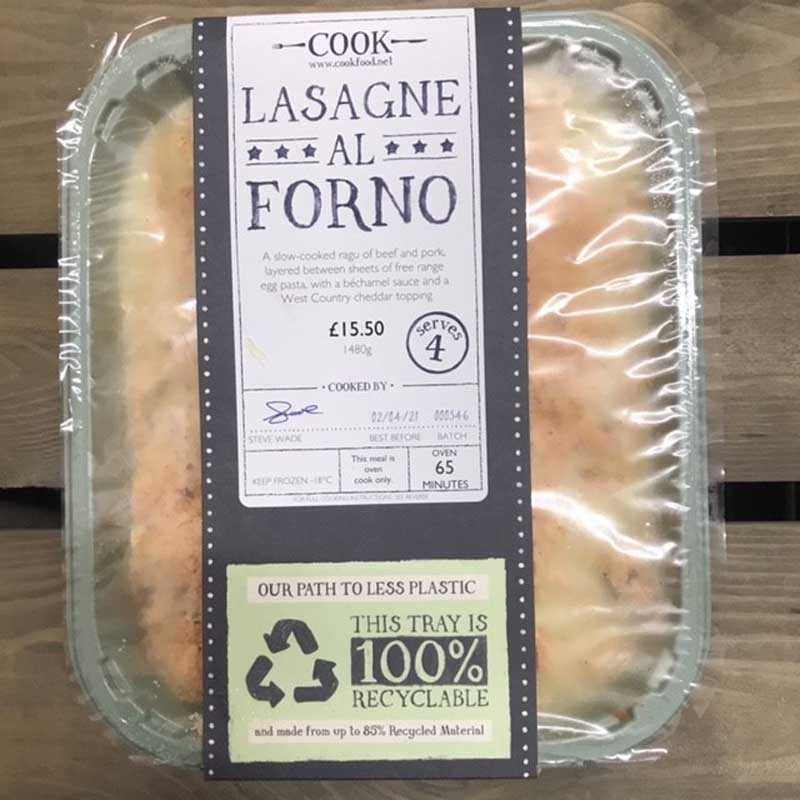
As Cook embarks on its fifth application for B Corp status, Brown reflects on their role in inspiring others. «We want to exemplify what’s achievable,» she says. With customers being increasingly budget-conscious, Brown acknowledges that while some shoppers are drawn to the B Corp ethos, the majority may not prioritize it. «It’s about encouraging customers to make better choices,» she adds.
Brown also mentions initiatives like meat-free promotions intended to guide customer preferences toward more sustainable practices. However, she recognizes the delicate balance between enticing customers and ensuring they enjoy the offerings. «We must have the bravery to take necessary steps while keeping our customers engaged and satisfied,» she states, emphasizing the complexity of navigating this process.
